|
|
|
Editor's note
|
|
Islamist militant group, al-Shabaab, has claimed responsibility for a terror attack in Nairobi in which scores of were killed and injured. The question the terror attack raises is why the group continues to target Kenya, and what can be done about it. Brendon Cannon and Martin Plaut share their insights.
Twenty years since states agreed to create the International Criminal Court, only three individuals have been convicted. All were members of rebel groups, none were government or senior officials. Luke Moffett explains why the acquittal of former Côte d’Ivoire President Laurent Gbagbo and youth militia leader Charles Blé Goudé less than three years into their trial, is another blow to the struggling court.
As the academic year gets underway for some, we’ve asked experts to look at a few challenges facing the higher education sector. Veteran educationist Jonathan Jansen maps out what skills vice-chancellors need and what they should focus on. Another big issue is ensuring students don’t drop out. Senior lecturer Lynn Coleman explains how academic support is helping capable students stay the course.
|
Moina Spooner
Commissioning Editor: East Africa
|

|
|
Top Stories
|
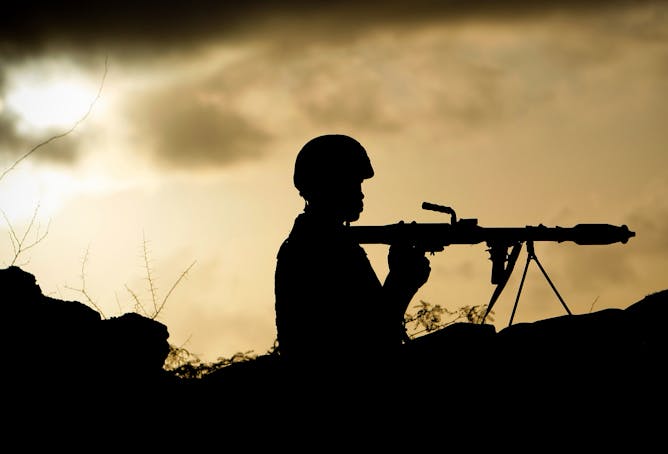
Al-Shabaab’s first attack on Kenyan soil was in 2008. Since then the Kenyan government has responded with force.
United Nations Photo/Flickr
Brendon J. Cannon, Khalifa University; Martin Plaut, School of Advanced Study
Kenya is attacked far more than Ethiopia or other eastern African states by al-Shabaab militants.
|
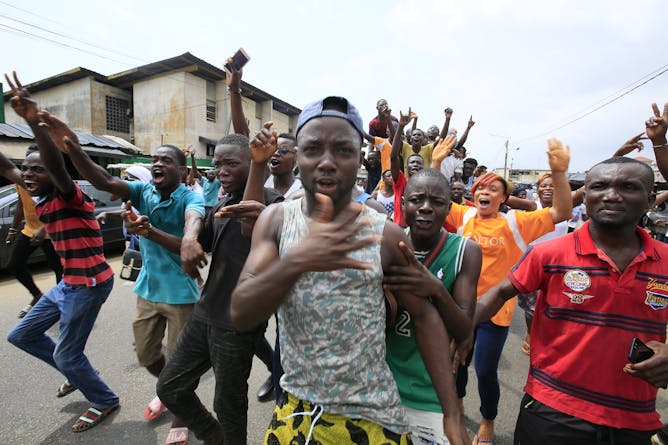
Supporters of former Ivory Coast president Laurent Gbagbo celebrate on the announcement of his acquittal.
EPA-EFE/Legnan Koula
Luke Moffett, Queen's University Belfast
The ICC is meant to be a court of last resort, to ensure justice for victims and to end impunity. It's not living up to these promises.
|
Higher Education
|
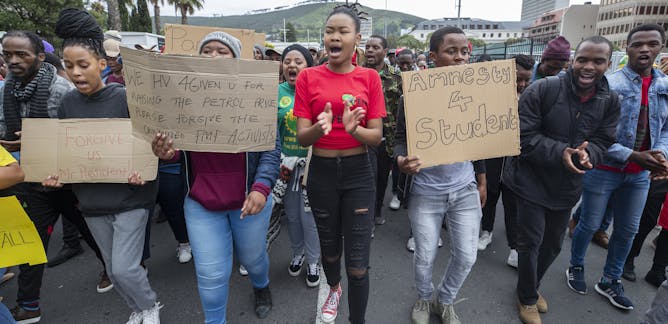
Jonathan Jansen, Stellenbosch University
Certain criteria are needed to lead a university but additional knowledge is also useful.
| |

Lynn Coleman, Cape Peninsula University of Technology
Without the support of extended curriculum programmes at universities, many students would face academic exclusion.
|
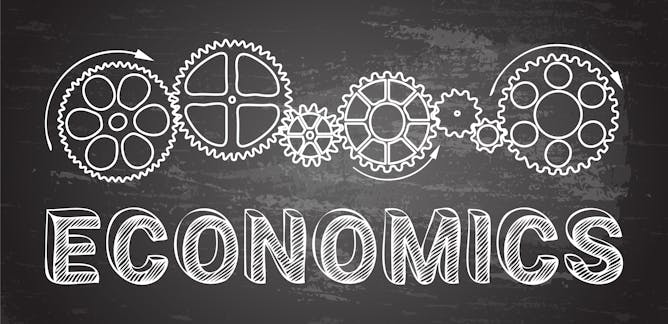
Kenneth Creamer, University of the Witwatersrand
Universities should begin the process of updating and modernising their undergraduate economics curricula.
| |

Peter D. McDonald, University of Oxford
A decolonising curriculum would consider ways in which writers negotiate linguistic, literary and cultural legacies of the colonial era.
|
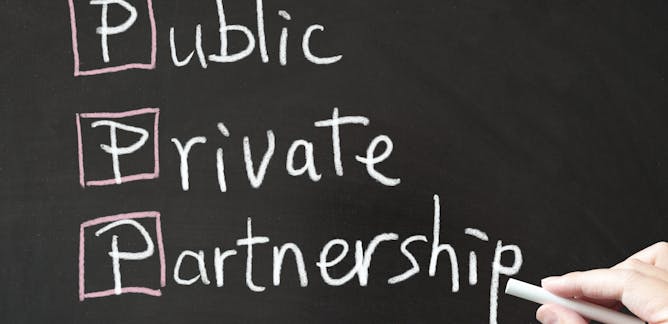
Teboho Moja, New York University
In Africa's education sector, public-private partnerships have been largely limited to infrastructure developments and the provision of education.
| |
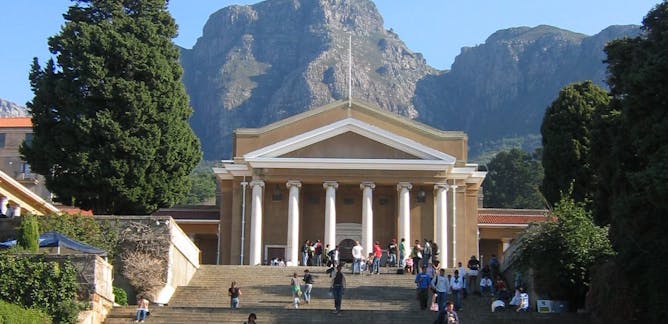
Carla Lever, University of Cape Town
Sarah Baartman’s name can be elevated to the highest point of the University of Cape Town’s campus, but if her legacy isn’t built into each classroom and interaction the honour is hollow.
|
|
|
From our international editions
|
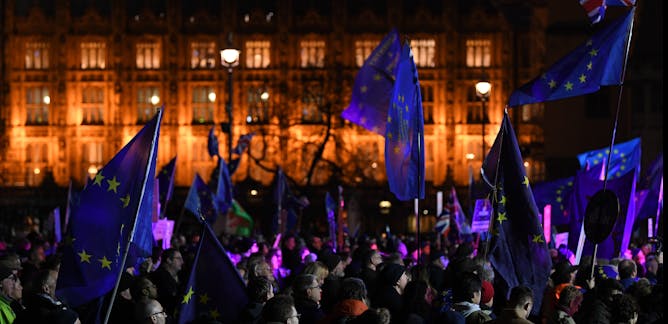
Simon Usherwood, University of Surrey
After her historic loss in parliament, the PM will hold cross-party talks to find a way out of the impasse. But will she really be listening?
| |

Tim Bale, Queen Mary University of London
While many staunch Conservatives would see Norway-plus as a 'betrayal', everyone else could probably live with it – unless and until they realise it won't put a stop to free movement.
|
|
|
En français
|
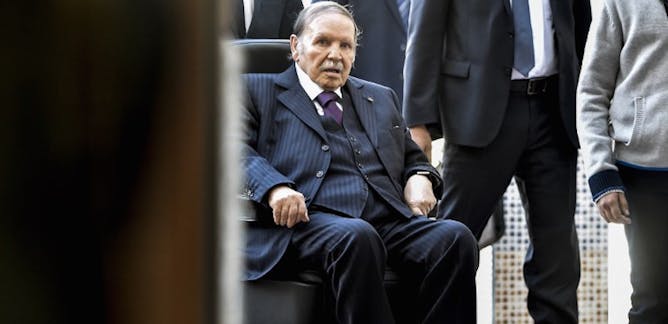
Karine Ramondy, Université Paris 1 Panthéon-Sorbonne
Les enjeux sont de taille pour que des hommes, avec ou sans leur accord formel, soient montrés dans un état physique que tout individu souhaiterait voir réservé au domaine du privé et de l’intime.
| |
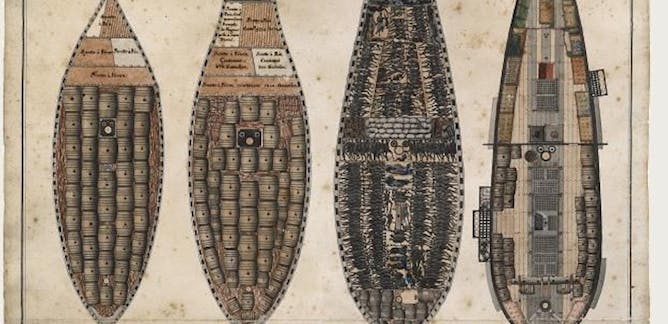
Amy Niang, University of the Witwatersrand
La question de la restitution repose directement et plus globalement celle du pillage humain, économique et culturel dont l’Afrique a fait, et continue d’ailleurs de faire l’objet.
|
|
|
| |
| |
| |
| |
Would you like to republish any of these articles?
|
|
It’s free to republish, here are the guidelines.
Contact us on africa-republish@theconversation.com in case you need assistance.
|
| |
| |
| |
| |
|
|
|
|
|
|
|